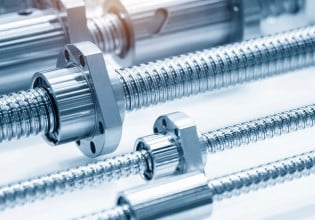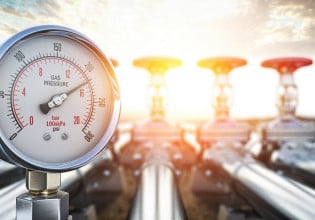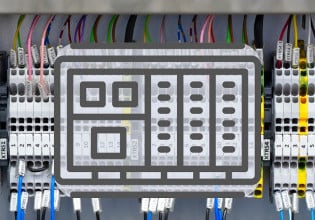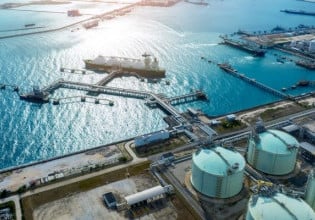J
Hi There:
I am starting to help in the preparations of specifications for the automation of a large substation in South America. At this time, my comments are in basic terminology.
SCADA (Supervisory Control and Data Acquisition) appears to be what I am looking for in this substation automation. Thus, the pursued DCS solution consist in precisely supervisory control and data acquisition. However, the
term appears to have gained a specific meaning different to what is normally provided in a substation automation. I am noticing that the SCADA products seem to be applicable for controlling other processes so I tend to stay away
from them.
I need to understand and use the terms properly. What is preciselly SCADA nowadays?
Best regards,
J.R. Leith
IIS Engineering
I am starting to help in the preparations of specifications for the automation of a large substation in South America. At this time, my comments are in basic terminology.
SCADA (Supervisory Control and Data Acquisition) appears to be what I am looking for in this substation automation. Thus, the pursued DCS solution consist in precisely supervisory control and data acquisition. However, the
term appears to have gained a specific meaning different to what is normally provided in a substation automation. I am noticing that the SCADA products seem to be applicable for controlling other processes so I tend to stay away
from them.
I need to understand and use the terms properly. What is preciselly SCADA nowadays?
Best regards,
J.R. Leith
IIS Engineering






